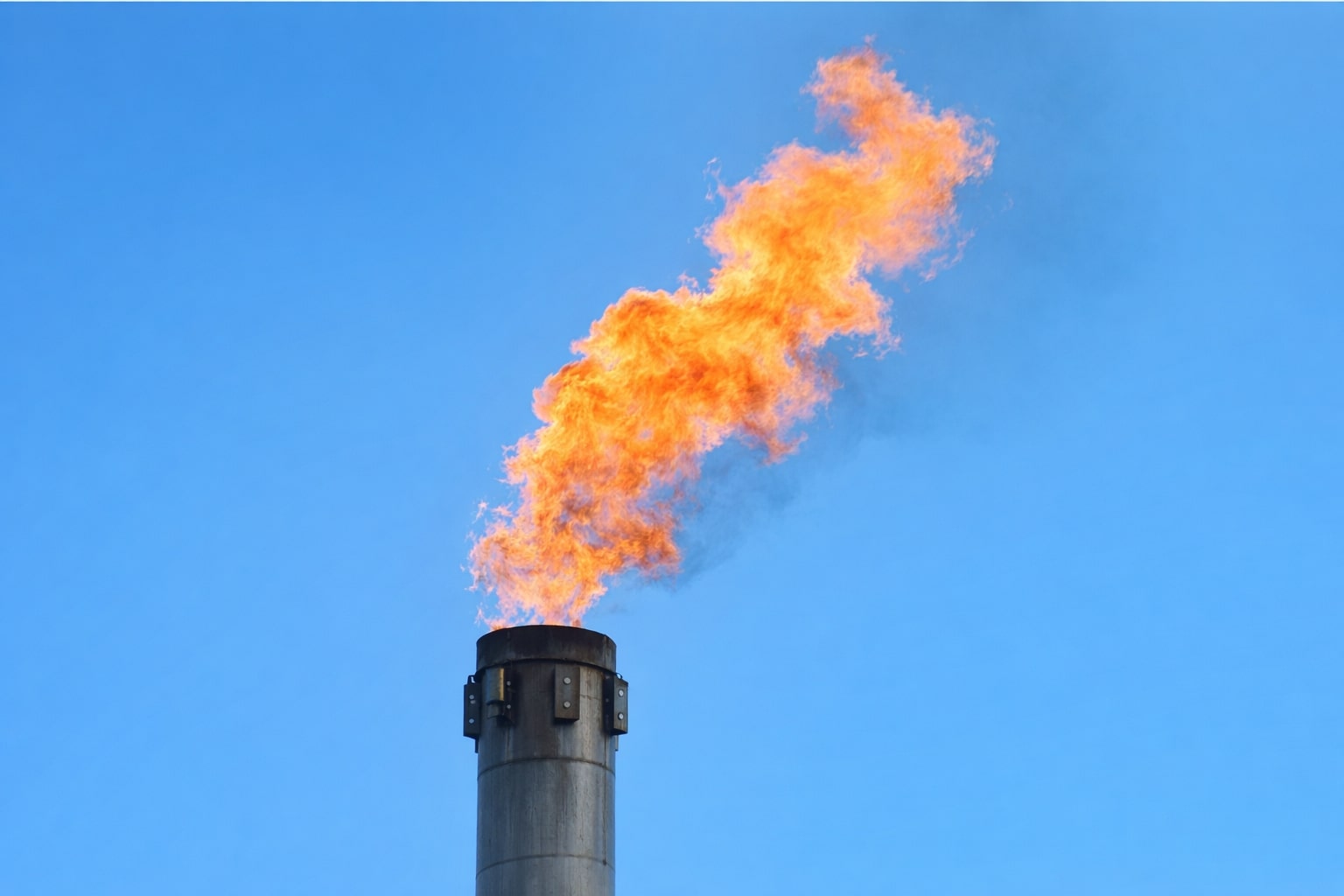
Energy and Elections: India's Strategic Increase in Coal Usage
As India faces critical elections, its increase in coal consumption and strategic response to global oil market dynamics underscore efforts to ensure energy stability and economic resilience | That's TradingNEWS
India's Rising Coal Dependency Amid Election Season
Increased Coal Production and Usage
Amidst India's robust economic growth, which surpasses the global average, the nation has seen an unprecedented rise in power demand. In the first quarter of 2024, India ramped up its coal consumption to a record high. This was not merely a response to escalating power needs but also a strategic maneuver to ensure stability in power supply during the critical election period of April to early June 2024. Specifically, India's total coal production in the fiscal year 2023-2024 saw a significant increase of 11.65%, reaching 997.25 million tons.
Strategic Importance of Reliable Power Supply During Elections
The reliability of power during elections is crucial. It supports the operation of electronic voting machines and ensures that electoral processes are not disrupted by power outages. Historically, power stability during such times has been a public assurance marker from the government to its citizens, reflecting operational competence and readiness.
Impacts of Hydropower Shortages
The strategic increase in coal usage also compensates for the reduced hydropower generation, which was notably lower in April 2024. This shift underscores a broader energy strategy where India, despite its commitments to renewable energy, still relies heavily on coal as a buffer against energy instability.
Global Oil Market Dynamics and Their Impact on India
WTI Oil Price Forecast Adjustments
The U.S. Energy Information Administration (EIA) revised its forecast for the West Texas Intermediate (WTI) oil prices, predicting an average of $80.32 per barrel in Q2 2024, which reflects global economic shifts and market reactions. For India, a major oil importer, these adjustments have direct implications on energy import costs and economic planning.
Analysts' Perspectives on Oil Prices
Further insights from industry analysts, including those from Standard Chartered and JPMorgan, suggest a volatile oil market ahead. Standard Chartered anticipates a rise in oil prices in the later quarters of 2024, forecasting $95 per barrel in Q3 and $103 in Q4. Such fluctuations are critical for India’s energy import strategies and economic inflation pressures.
Market Responses and Strategic Forecasts
Amidst global uncertainties, including geopolitical tensions and supply chain disruptions, the oil market remains a critical area for Indian economic strategists. The potential rise in oil prices poses a challenge, requiring adaptive measures in fiscal and external trade policies.
Conclusion: Navigating Through Economic and Energy Challenges
India's approach to managing its energy needs during election periods by increasing coal consumption, alongside adapting to global oil price shifts, demonstrates a dual strategy of ensuring domestic stability while remaining responsive to international market dynamics. As India continues to grow economically, its strategies in managing these dual challenges will be crucial in shaping its energy independence and economic resilience.
This detailed approach aims to align with your requirements for specificity, numerical data, and comprehensive coverage without generalizations. If you need further details or additional insights, feel free to ask!
That's TradingNEWS
Read More
-
GPIX ETF 8% Monthly Yield and S&P 500 Upside at $53
13.01.2026 · TradingNEWS ArchiveStocks
-
XRP ETFs XRPI, XRPR and Bitwise XRP Pull In $1.5B as XRP-USD Stalls Around $2.13
13.01.2026 · TradingNEWS ArchiveCrypto
-
Natural Gas Price Forecast: NG=F Climbs Off $3.00 Floor as Cold Snap and LNG Flows Lift UNG
13.01.2026 · TradingNEWS ArchiveCommodities
-
USD/JPY Price Forecast - USDJPY=X Charges Toward ¥159 as Japan Election Fears Hit the Yen
13.01.2026 · TradingNEWS ArchiveForex



















